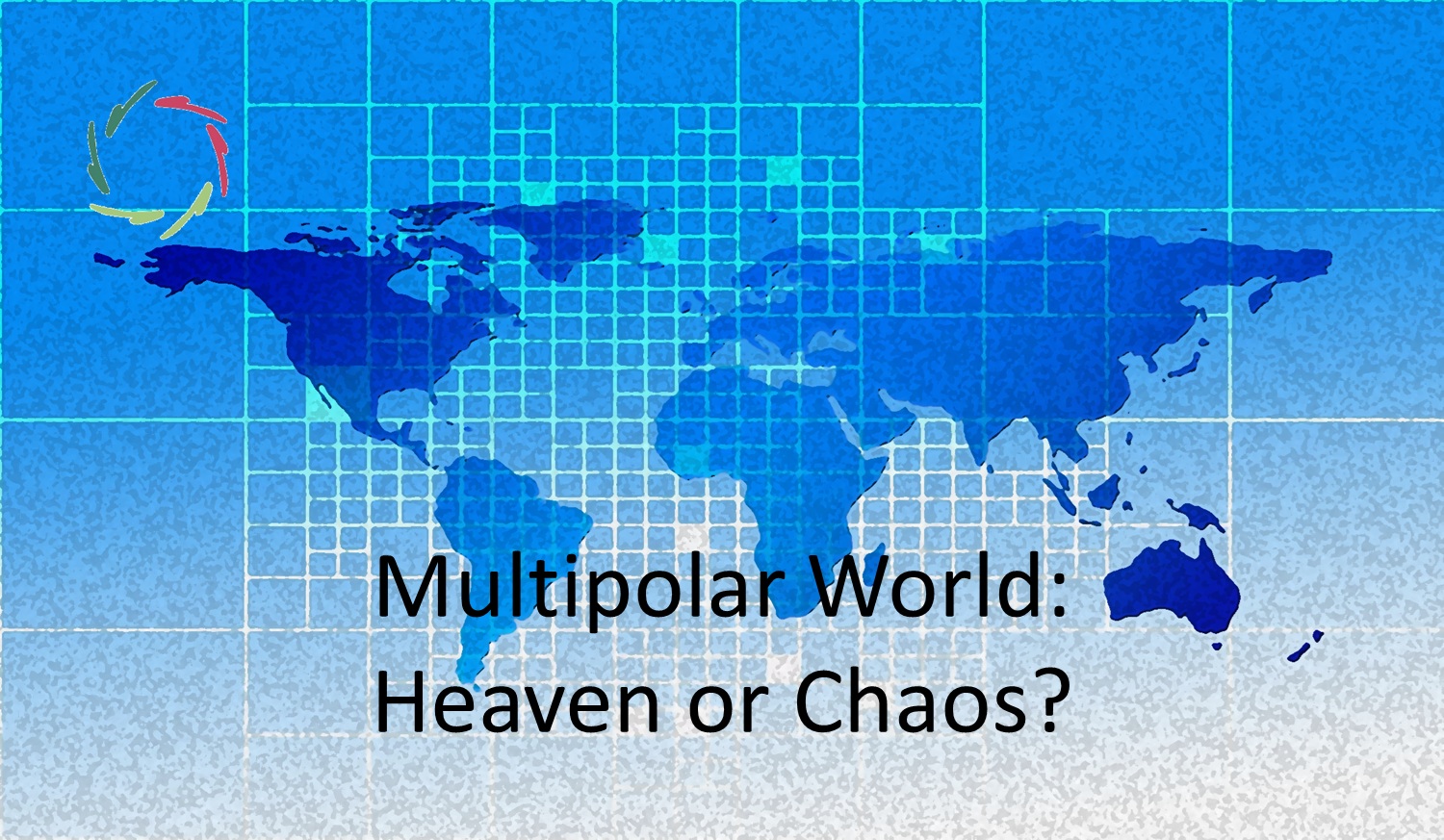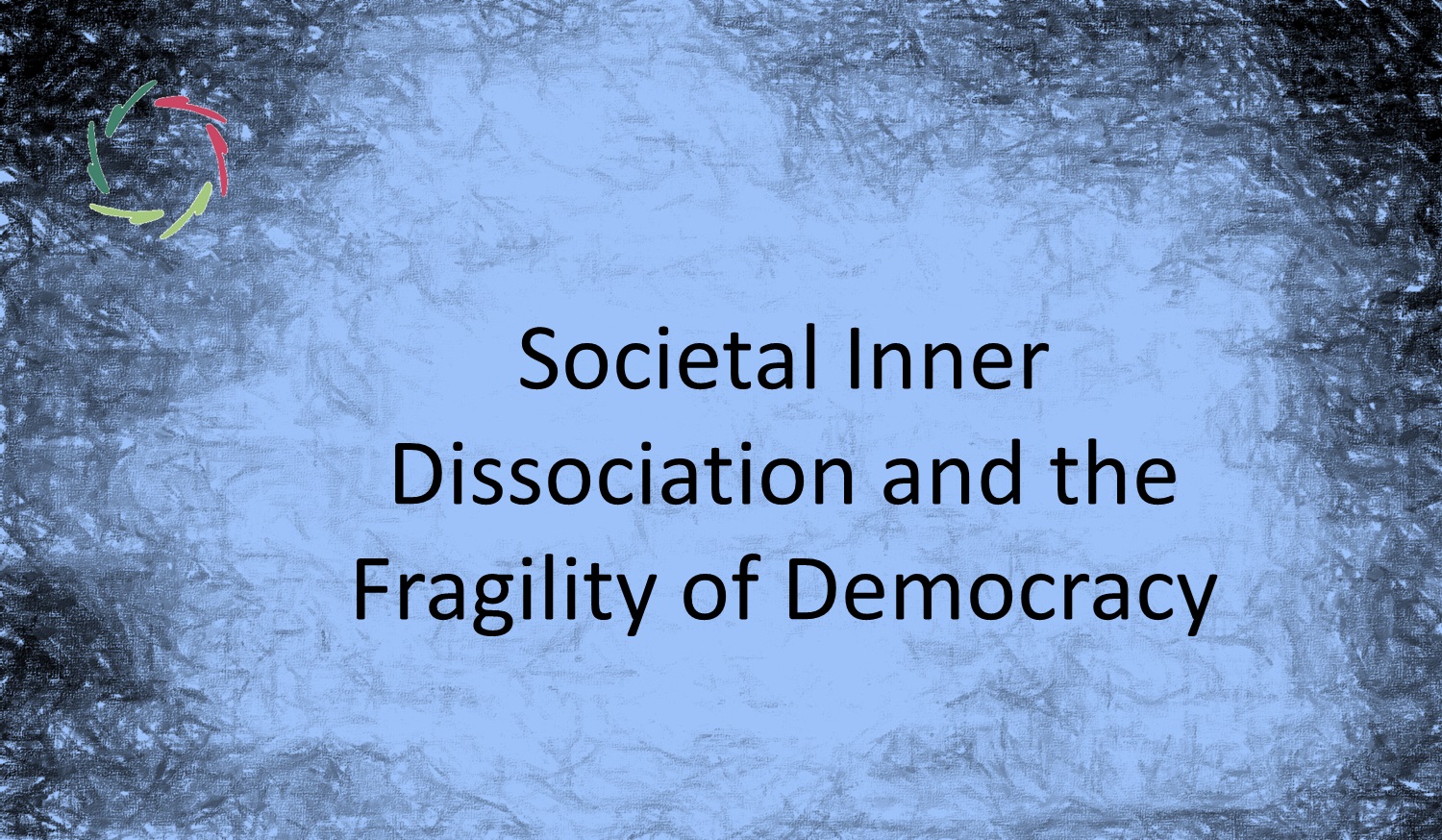The World Needs Depth + Rationality

Rationality offers a logical framework for problem-solving but often overlooks the deeper human aspects essential for true understanding and lasting solutions. Depth explores the non-conscious and emotional layers of human experience, revealing insights that rationality alone cannot uncover.
By integrating both, we open doors to a more holistic understanding and problem-solving approach. Currently, depth and rationality are frequently pitched against each other. This leads to a diminishment of both ― thereby, a lot of suffering at huge financial cost.
Wanted: depth + rationality, not balanced but intricately intertwined
This intertwined approach (also being the AURELIS USP) can transform our understanding and handling of complex issues, leading to more profound and sustainable solutions.
This pursuit is not new. Figures like Socrates and Confucius exemplified it. Meanwhile, modern neuroscience continues to uncover the intertwined nature of rational and subconceptual mental processing. Yet, achieving true depth is challenging, and combining it with rationality is particularly so.
This synthesis is central to the ubiquitously appreciated yet subserved phenomenon of Compassion, Basically, which can facilitate boundless human growth. Here, Compassion means more than empathy; it embodies a profound understanding that bridges the conceptual and subconceptual realms of the human mind.
A call for a new paradigm
Ultimately, the world needs a new paradigm that values both rationality and depth. Though the endeavor is classic, the new aspect lies in the tools, the power, and the science we can now apply. This means fostering an environment where scientific inquiry and emotional intelligence are equally valued, seeking solutions that connect with and uplift the human spirit.
This approach can create more resilient and adaptable societies, capable of facing future challenges with wisdom and Compassion. It’s a path toward sustainable development that honors human potential and creativity. Ultimately, this also proves to be the most efficient way ― less obviously, perhaps, but more realistically.
Compassionate A.I. (C.A.I.)
Through C.A.I., such as Lisa, we can create solutions that are not only effective but also deeply resonant with human needs and values.
Lisa can Compassionately analyze vast data to uncover patterns and insights that human analysis might miss. By incorporating principles of depth and rationality, Lisa can help us develop more nuanced and effective interventions across various fields.
For instance, healthcare
Integrating rational medical practices with a deep understanding of the subconceptual, non-conscious mind can lead to more holistic care, promoting inner growth and healing beyond just reducing disease or symptoms. This comprehensive care model encourages patients to engage actively in their healing processes, leading to better outcomes. Of course, curing diseases remains as important as ever. Lisa provides a surplus, not a replacement.
Notwithstanding, this surplus can amount to a financial gain of trillions of dollars ― seriously. Investing in depth and rationality can significantly reduce healthcare costs by preventing chronic conditions and promoting overall well-being, freeing resources for more effective use. This highlights one aspect of the matter’s seriousness.
The other side is purely human gain: reduction of suffering while fostering priceless human growth in healthcare and many other domains. Fostering human growth can also lead to a more Compassionate society, where individuals support each other’s well-being.
Other examples
- Education: Integrating depth and rationality can foster creativity and critical thinking in students, preparing them for a complex world. See Compassionate Pedagogy. This approach can also encourage lifelong learning, adapting to the ever-changing demands of the future.
- Workplace: Promoting emotional intelligence alongside technical skills can improve productivity and job satisfaction, enhance deep motivation and diminish burnout.
- Environmental policy: An integrated approach can lead to sustainable practices that respect both scientific findings and human impact while fostering climate motivation. Engaging communities in environmental initiatives can also enhance collective efforts towards sustainability.
- Conflict resolution: Applying depth and rationality can lead to more effective and Compassionate resolutions in interpersonal (mediation) and international (diplomacy) conflicts.
- Urban planning: Designing cities that consider both rational infrastructure needs and inhabitants’ emotional well-being can create more livable and sustainable urban environments.
- Crisis management: Employing both rational strategies and deep empathy can enhance responses to natural disasters, economic crises, and public health emergencies.
- Religion: Integrating depth and rationality in religious practices can foster a deeper spiritual connection while promoting tolerance and understanding among different faiths. See Opening Religion. Interfaith dialogues can also benefit from this integration, creating a more harmonious coexistence among diverse communities.
- Present-day politics of polarization: Addressing political divides with a combination of rational dialogue and deep empathy can help bridge gaps, reduce extremism, and promote unity. See Republicans and Democrats.
- War prevention: Using both rational strategies and a deep understanding of human motivations can lead to more effective peacekeeping efforts and conflict prevention, reducing the likelihood of war. Education on peace and deep empathy from an early age can further contribute to long-term war prevention efforts.
- Mental health support: Merging rational methods with a deep understanding of the non-conscious mind can lead to more comprehensive and effective mental health support.
- Personal growth: Encouraging individuals to explore both rational self-improvement and deeper emotional insights can lead to more balanced and fulfilling lives. See Personal Growth.
By embracing the synergy of depth and rationality, we can address the complexities of human experience and create a brighter future. Let’s champion this new paradigm in all areas of life and take the path towards a more Compassionate and resilient world.
By integrating both, we open doors to a more holistic understanding and problem-solving approach. Currently, depth and rationality are frequently pitched against each other. This leads to a diminishment of both ― thereby, a lot of suffering at huge financial cost.
Wanted: depth + rationality, not balanced but intricately intertwined.
This intertwined approach (being the AURELIS USP) can transform our understanding and handling of complex issues, leading to more profound and sustainable solutions.
This pursuit is not new. Figures like Socrates and Confucius exemplified it, and modern neuroscience continues to uncover the intertwined nature of rational and subconceptual mental processing. Yet, achieving true depth is challenging, and combining it with rationality is particularly so.
This synthesis is central to the phenomenon of Compassion, Basically, which can facilitate boundless human growth. Here, Compassion means more than empathy; it embodies a profound understanding that bridges the conceptual and subconceptual realms of the human mind.
A call for a new paradigm
Ultimately, the world needs a new paradigm that values both rationality and depth. Though the endeavor is classic, the new aspect lies in the power and knowledge we can now apply. This means fostering an environment where scientific inquiry and emotional intelligence are equally valued, seeking solutions that connect with and uplift the human spirit.
This approach can create more resilient and adaptable societies, capable of facing future challenges with wisdom and Compassion. It’s a path toward sustainable development that honors human potential and creativity. Ultimately, this also proves to be the most efficient way ― less obviously, perhaps, but more realistically.
Compassionate A.I. (C.A.I.)
Through C.A.I., such as Lisa, we can create solutions that are not only effective but also deeply resonant with human needs and values.
Lisa can analyze vast data to uncover patterns and insights that human analysis might miss. By incorporating principles of depth and rationality, Lisa can help us develop more nuanced and effective interventions across various fields.
For instance
In healthcare, integrating rational medical practices with a deep understanding of the subconceptual, non-conscious mind can lead to more holistic care, promoting inner growth and healing beyond just reducing disease or symptoms. This comprehensive care model encourages patients to engage actively in their healing processes, leading to better outcomes. Of course, curing diseases remains as important as ever. Lisa provides a surplus, not a replacement.
Notwithstanding, this surplus can amount to a financial gain of trillions of dollars ― seriously. Investing in depth and rationality can significantly reduce healthcare costs by preventing chronic conditions and promoting overall well-being, freeing resources for more effective use. This highlights one aspect of the matter’s seriousness.
The other side is purely human gain: reduction of suffering while fostering priceless human growth in healthcare and many other domains. Fostering human growth can also lead to a more Compassionate society, where individuals support each other’s well-being.
Examples
- Education: Integrating depth and rationality can foster creativity and critical thinking in students, preparing them for a complex world. See Compassionate Pedagogy. This approach can also encourage lifelong learning, adapting to the ever-changing demands of the future.
- Workplace: Promoting emotional intelligence alongside technical skills can improve productivity and job satisfaction, enhance deep motivation and diminish burnout.
- Environmental policy: An integrated approach can lead to sustainable practices that respect both scientific findings and human impact while fostering climate motivation. Engaging communities in environmental initiatives can also enhance collective efforts towards sustainability.
- Conflict resolution: Applying depth and rationality can lead to more effective and Compassionate resolutions in interpersonal (mediation) and international (diplomacy) conflicts.
- Urban planning: Designing cities that consider both rational infrastructure needs and inhabitants’ emotional well-being can create more livable and sustainable urban environments.
- Crisis management: v both rational strategies and deep empathy can enhance responses to natural disasters, economic crises, and public health emergencies.
- Religion: Integrating depth and rationality in religious practices can foster a deeper spiritual connection while promoting tolerance and understanding among different faiths. See Opening Religion. Interfaith dialogues can also benefit from this integration, creating a more harmonious coexistence among diverse communities.
- Present-day politics of polarization: Addressing political divides with a combination of rational dialogue and deep empathy can help bridge gaps, reduce extremism, and promote unity. See Republicans and Democrats.
- War prevention: Using both rational strategies and a deep understanding of human motivations can lead to more effective peacekeeping efforts and conflict prevention, reducing the likelihood of war. Education on peace and deep empathy from an early age can further contribute to long-term war prevention efforts.
- Mental health support: Merging rational methods with a deep understanding of the non-conscious mind can lead to more comprehensive and effective mental health support.
- Personal growth: Encouraging individuals to explore both rational self-improvement and deeper emotional insights can lead to more balanced and fulfilling lives.
By embracing the synergy of depth and rationality, we can address the complexities of human experience and create a brighter future. Let’s champion this new paradigm in all areas of life and take the path towards a more Compassionate and resilient world.


